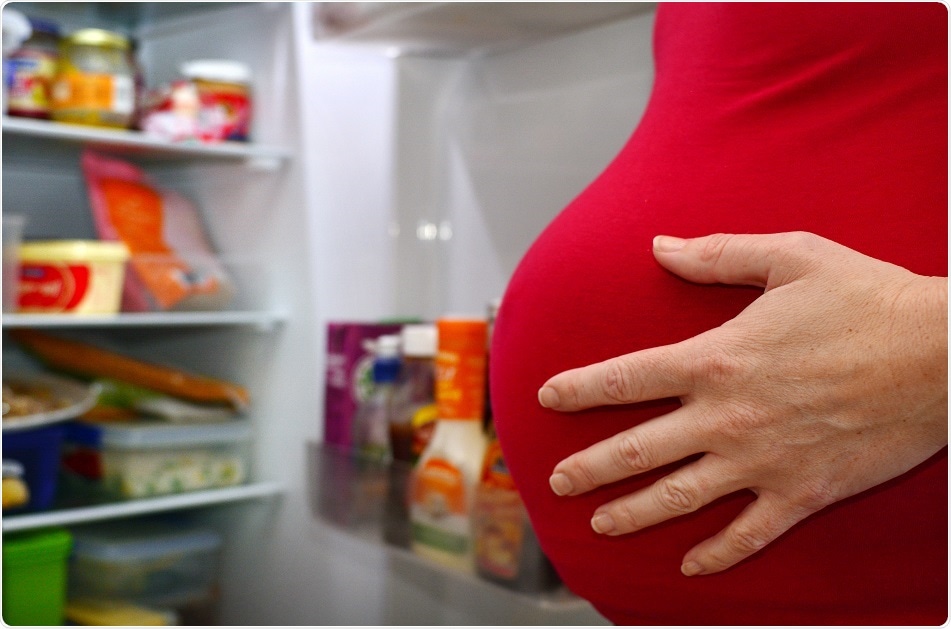A new study from researchers at the University of North Carolina at Chapel Hill has found that pregnant women and women wishing to get pregnant should avoid following diets that reduce or eradicate carbohydrates from their diet.
 Credit: ChameleonsEye/ Shutterstock.com
Credit: ChameleonsEye/ Shutterstock.com
The study shows that observing such diets might raise their risk of having babies with defects of the brain and spine due to problems in the development of the neural tube, referred to as neural tube birth defects. The study appeared late last week in the journal Birth Defects Research.
The researchers noted that women who lower their carbohydrate intake are at least 30 percent more likely to have babies born with neural tube defects. Some of these defects include anencephaly (non-development and absence of a large part of the brain and skull) and spina bifida (deformities of the spine and vertebral column).
These deformities are usually severe enough to cause infant death and lifelong disability. According to the authors, this is the first study ever to link carbohydrate intake in the mother with neural tube deformities in the fetus.
We already know that maternal diet before and during early pregnancy plays a significant role in fetal development. What is new about this study is its suggestion that low carbohydrate intake could increase the risk of having a baby with a neural tube defect by 30 percent. This is concerning because low carbohydrate diets are fairly popular"
Tania Desrosiers, PhD, MPH, UNC Gillings School of Global Public Health
For this study, the team looked at birth data from National Birth Defects Prevention Study. The study was conducted between 1998 and 2011. They looked at 11,285 pregnant women from Arkansas, California, Georgia, Iowa, Massachusetts, New York, North Carolina, Texas and Utah. There were a total of 9,545 mothers who went home with live born infants without birth defects and 1,740 women who had stillbirths and infant deaths due to spina bifida and anencephaly.
In 1998 the Food and Drug Administration mandated that folic acid should be added to enriched grain products. Studies have shown that folic acid present in diets or administered as supplementation can reduce the risk of neural tube defects in the baby.
Studies have revealed that levels of folate are below the requisite levels in over 20 percent of American women. This is cause for concern. Desrosiers and her colleagues found that there is a further reduction in levels of folate in blood among women who have a restricted carbohydrate intake.
External supplementation of folate is now mandated from conception. The Centers for Disease Control and Prevention (CDC) advises that all women who may become pregnant should be prescribed a daily multivitamin with at least 400 micrograms of folic acid. The CDC states that as close to half of all pregnancies in the U.S. are unplanned, folate is not usually supplemented until after the initial stage of the pregnancy is over.
During these initial months, the baby needs folate for the healthy development of various organs and organ systems including the spine and the brain. Providing folate later in pregnancy may be futile in that case.
For most women, fortified grains and foods with folic acid remains the best source of dietary folate. Due to low carbohydrate consumption, this dietary folate is restricted, leading to neural tube defects. Larger and more detailed studies are necessary in other populations to better understand this connection, the researchers commented, but as of now this should serve as a warning.